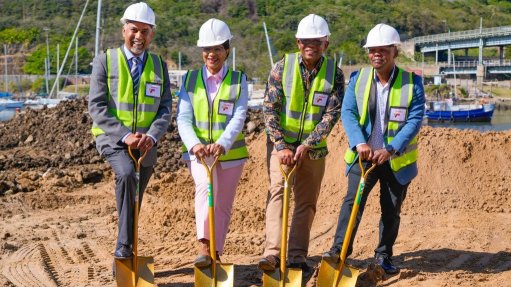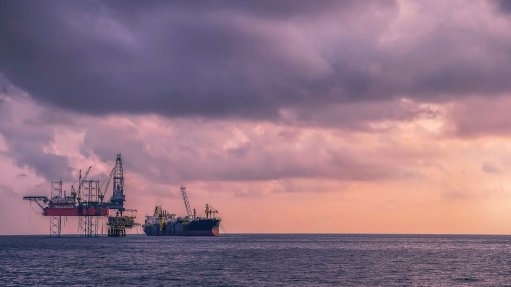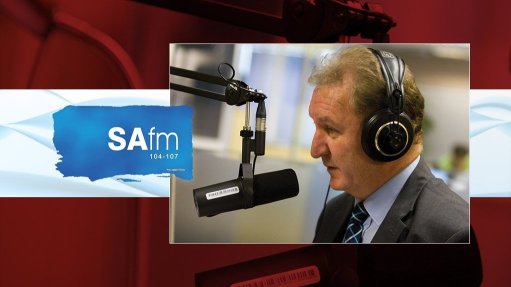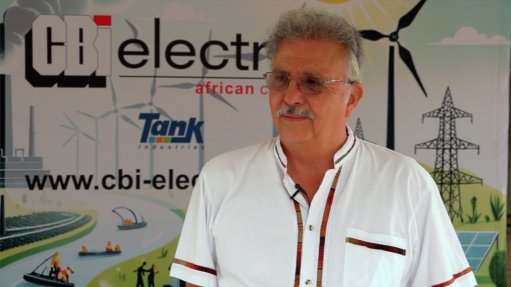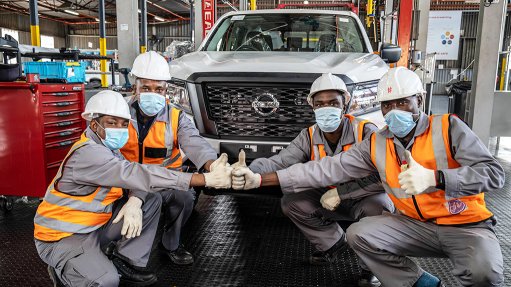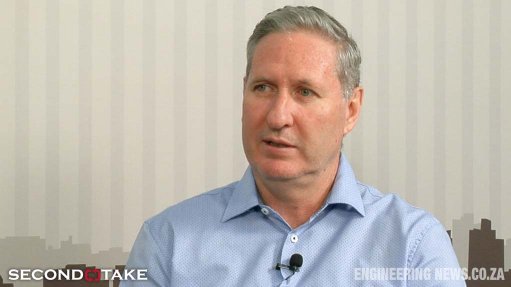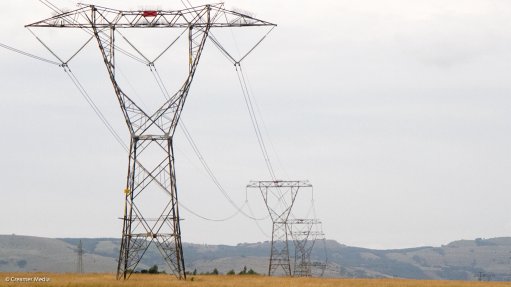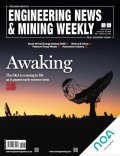Banks lagging in climate change action – report
Although the country’s “big five” banks have expressed their commitment to climate action, four of the five have increased their financing and exposure to fossil fuels over the reporting year.
This is according to Just Share, whose new report, titled ‘How cool is your bank?’, aims to give banking customers the tools to make their own assessment of how serious their bank is about ending financing for fossil fuels, and playing a meaningful role in financing the transition to a sustainable, low-carbon economy.
Just Share has been engaging with Absa, FirstRand, Investec, Nedbank and Standard Bank, and analysing their climate-related disclosures, policies and practices for six years.
The report evaluates how these banks understand, disclose and integrate climate risks and opportunities into their financial decision-making, and the extent to which their lending and investment activities support their stated commitment to the goals of the Paris Agreement.
The report covers four categories, which together comprise 20 indicators with a total maximum score of 85 points.
Nedbank leads the big five banks in understanding and managing climate risk, with a score of 51 out of 85. Investec and FirstRand are in joint second place, with a score of 41 out of 85.
There is a big gap between the scores of the three frontrunners and Absa and Standard Bank, with Absa scoring 24 out of 85 and Standard Bank 16 out of 85.
Capitec, the sixth-largest bank in South Africa, was excluded from this assessment because it is a retail bank that does not provide investment financing or other corporate investment services.
Capitec has explicitly ruled out financing carbon-intensive projects in its environmental policy, Just Share explains.
Only Nedbank’s fossil fuel financing and exposure decreased, owing to a large and unexplained reduction in the bank’s oil exposure.
The large gap between leaders and laggards shows that qualified and climate-competent leadership at board level is key to banks’ progress on climate issues. Internal rather than external factors drive performance across the 20 indicators.
KEY FINDINGS
Just Share emphasises that financial institutions have an integral role to play in determining whether or not the goals of the Paris Agreement are met. The UN-convened Net Zero Banking Alliance (NZBA) is founded on the recognition that “banks play a key role in society. As financial intermediaries, it is [their] purpose to help develop sustainable economies and to empower people to build better futures.”
However, despite the climate commitments made by banks under multiple global initiatives like the NZBA, they continue to pour finance into the fossil fuel industry, Just Share avers.
All the banks have made progress in their stated recognition of climate risks and commitment to global climate goals.
All five banks have published climate or energy policies, and although most banks are not members of the NZBA, they have all made a commitment to reduce their financed emissions (the emissions banks finance through their loans and investments) to net zero by 2050.
The banks have made least progress in relation to recognising and acting on the climate risks of fossil gas, Just Share states.
Nedbank is the only bank that has committed to zero fossil fuel exposure by 2045 (except for backup supply for renewable energy projects), indicating that it will continue to finance gas production “where it will play an essential role in facilitating the transition to a zero-carbon energy system by 2050”.
All the other banks indicate their intention to finance the exploration, extraction and production of gas in the medium to long term.
In 2017, Nedbank became the first bank to confirm that, effective from 2018, it would “not provide project financing . . . to develop a new coal-fired power plant, regardless of country or technology”.
Slowly, each of the other four banks followed suit, with Standard Bank being the last of the five to exclude financing for new coal-fired power plants in 2022.
However, to date, new coal-fired power remains the only fossil fuel-related category for which all five banks have excluded financing, Just Share points out.
The report shows that there are considerable gaps between the leaders and the laggards, even the three banks whose reporting demonstrates a relatively sophisticated grasp of climate risks and what is required to address them, still have a long way to go to fully align their financing and investment activities with the action required to meet the goals of the Paris Agreement.
Article Enquiry
Email Article
Save Article
Feedback
To advertise email advertising@creamermedia.co.za or click here
Comments
Press Office
Announcements
What's On
Subscribe to improve your user experience...
Option 1 (equivalent of R125 a month):
Receive a weekly copy of Creamer Media's Engineering News & Mining Weekly magazine
(print copy for those in South Africa and e-magazine for those outside of South Africa)
Receive daily email newsletters
Access to full search results
Access archive of magazine back copies
Access to Projects in Progress
Access to ONE Research Report of your choice in PDF format
Option 2 (equivalent of R375 a month):
All benefits from Option 1
PLUS
Access to Creamer Media's Research Channel Africa for ALL Research Reports, in PDF format, on various industrial and mining sectors
including Electricity; Water; Energy Transition; Hydrogen; Roads, Rail and Ports; Coal; Gold; Platinum; Battery Metals; etc.
Already a subscriber?
Forgotten your password?
Receive weekly copy of Creamer Media's Engineering News & Mining Weekly magazine (print copy for those in South Africa and e-magazine for those outside of South Africa)
➕
Recieve daily email newsletters
➕
Access to full search results
➕
Access archive of magazine back copies
➕
Access to Projects in Progress
➕
Access to ONE Research Report of your choice in PDF format
RESEARCH CHANNEL AFRICA
R4500 (equivalent of R375 a month)
SUBSCRIBEAll benefits from Option 1
➕
Access to Creamer Media's Research Channel Africa for ALL Research Reports on various industrial and mining sectors, in PDF format, including on:
Electricity
➕
Water
➕
Energy Transition
➕
Hydrogen
➕
Roads, Rail and Ports
➕
Coal
➕
Gold
➕
Platinum
➕
Battery Metals
➕
etc.
Receive all benefits from Option 1 or Option 2 delivered to numerous people at your company
➕
Multiple User names and Passwords for simultaneous log-ins
➕
Intranet integration access to all in your organisation






